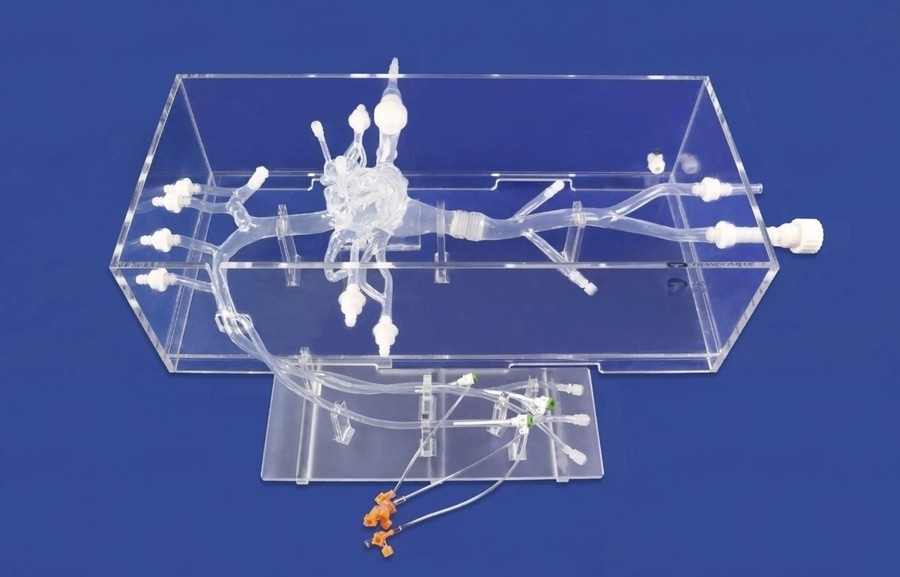
#Industry News
Cardiac Vein with Atrial Septal Defect: An Overview of a Congenital Heart Condition
Cardiac Vein With ASD I
Introduction:
Cardiac vein with atrial septal defect (ASD) is a congenital heart condition that affects the normal function of the heart. This article aims to provide a comprehensive overview of this condition, including its definition, causes, symptoms, and potential treatment options.
Definition and Causes:
Cardiac vein with ASD refers to the presence of an abnormal opening in the atrial septum, the wall that separates the heart's two upper chambers (atria). This defect allows blood to flow abnormally between the atria, leading to an increased workload on the heart. The exact cause of ASD is not fully understood, but it is believed to be a combination of genetic and environmental factors.
Symptoms:
The severity of symptoms associated with cardiac vein with ASD can vary depending on the size of the defect and the amount of blood flowing through it. In some cases, individuals may not experience any noticeable symptoms, while others may present with fatigue, shortness of breath, frequent respiratory infections, and poor exercise tolerance. In more severe cases, the condition can lead to complications such as arrhythmias, pulmonary hypertension, and heart failure.
Diagnosis and Treatment:
Cardiac vein with ASD is typically diagnosed during childhood or adolescence through a thorough physical examination, electrocardiogram (ECG), chest X-ray, and echocardiogram. Treatment options vary depending on the severity of the defect and associated symptoms. Small defects may not require intervention and can close on their own over time. However, larger defects or those causing significant symptoms may require surgical repair or catheter-based interventions to close the opening and restore normal blood flow.





